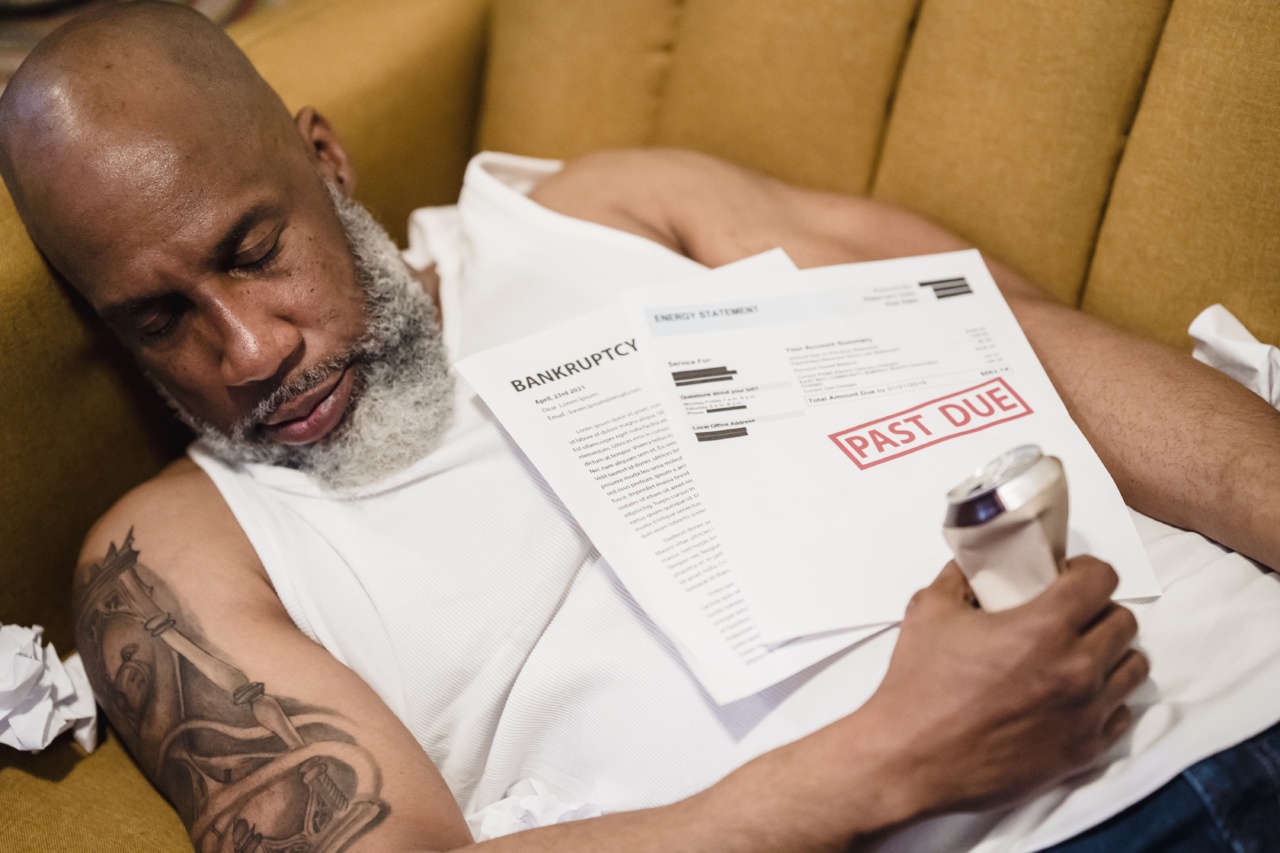Our lives are filled with countless choices – from what to wear in the morning to what to have for dinner. In today’s consumer-driven society, the number of options available to us seems endless.
While choice is often seen as a positive thing, research suggests that having too many options can lead to increased levels of stress and anxiety. In this article, we will explore the relationship between choices and stress, understand the psychological impact of decision-making, and provide strategies to manage the stress caused by an abundance of choices.
The Paradox of Choice
Psychologist Barry Schwartz introduced the concept of the “paradox of choice” in his book of the same name.
The paradox suggests that although having more choices seems desirable, it can also lead to decision paralysis, dissatisfaction, and stress. When we are presented with a multitude of options, we often experience increased pressure to make the “right” choice. This can be mentally taxing and overwhelming, especially when the consequences of our decisions hold significant weight.
Decision Fatigue and Cognitive Overload
Having a vast array of choices can also lead to decision fatigue and cognitive overload. Our brains have a limited capacity for processing information, and each decision we make draws from this cognitive reserve.
As we encounter more options, our mental energy becomes depleted, making it harder to make subsequent choices. This phenomenon, known as decision fatigue, can lead to poor decision-making and increased stress.
Moreover, cognitive overload occurs when our minds are bombarded with too much information to process effectively.
When we have an abundance of choices, our brains struggle to compare and evaluate all the options, leading to mental exhaustion and heightened anxiety.
The Fear of Missing Out
Another reason why more options can lead to increased anxiety is the fear of missing out (FOMO). When we have numerous choices available, we often worry that selecting one option means sacrificing the potential benefits of the others.
We become anxious about making the wrong decision and missing out on something better. This fear of missing out can cause immense stress, as we constantly question our choices and wonder if we made the best decision.
Analysis Paralysis
Analysis paralysis is a state of overthinking and indecision caused by having too many choices. When we are faced with an overwhelming number of options, we may feel the need to thoroughly analyze each one before making a decision.
This excessive analysis can lead to prolonged decision-making processes, frustration, and heightened stress. The fear of making a mistake or regretting the decision adds to the anxiety, pushing us further into a state of paralysis.
The Psychological Impact of Choices
Research has shown that the sheer number of choices we encounter in our daily lives can take a toll on our mental well-being. The process of decision-making engages various cognitive processes, including memory, attention, and problem-solving skills.
When faced with numerous options, these cognitive processes are put to the test, leading to mental strain and exhaustion.
Moreover, having too many choices can increase our overall dissatisfaction with the outcomes. The more choices available, the more likely we are to question whether we made the right decision or whether we could have chosen a better alternative.
This constant evaluation and self-doubt contribute to anxiety and stress, impacting our overall happiness and well-being.
Strategies to Manage the Stress of Choices
While it may be challenging to escape the abundance of choices in today’s world, there are strategies we can employ to manage the resulting stress and anxiety:.
1. Set Priorities
Identify your priorities and focus on what truly matters to you. By clarifying your values and goals, you can streamline the decision-making process and reduce the number of options that require extensive consideration.
2. Limit Options
Avoid overwhelming yourself with an excessive number of choices. Whenever possible, limit your options to a manageable number.
Research suggests that having a few high-quality choices often leads to greater satisfaction and reduces decision-related stress.
3. Practice Mindfulness
Mindfulness can help us stay present and focused, allowing us to make decisions more effectively.
By practicing mindfulness techniques such as deep breathing and meditation, we can reduce anxiety and enhance clarity of thought during the decision-making process.
4. Delegate Decision-Making
Delegate decision-making to trusted individuals when appropriate. Recognize that you don’t have to make every decision on your own. Seek input from others or delegate decisions to reduce the burden of choice.
5. Accept Imperfection
Perfectionism often contributes to decision-related stress. Accept that there is rarely a perfect choice and that some level of uncertainty is inevitable.
Embrace the idea that mistakes are a natural part of life, and they can also provide valuable learning opportunities.
6. Practice Self-Compassion
Be kind to yourself and practice self-compassion when making decisions. Remind yourself that you are doing the best you can with the information and resources available at the time.
Treat yourself with the same kindness and understanding you would offer a close friend facing a difficult choice.
7. Seek Support
If you find yourself overwhelmed by choices and experiencing high levels of stress, consider seeking support.
Whether through professional therapy or talking to a trusted friend or family member, sharing your feelings and concerns can provide valuable perspective and guidance.
8. Implement Decision-Making Strategies
Learn and apply decision-making strategies to simplify the process. Techniques such as pros and cons lists, weighted decision matrices, or consulting trusted advisors can help structure your thoughts and make choices easier.
9. Take Breaks
When faced with a complex decision that involves an abundance of options, take breaks to recharge your mental energy. Engage in activities that bring you joy, practice self-care, and distance yourself from the decision temporarily.
Returning with a refreshed mind can lead to clearer and less stressful decision-making.
10. Embrace the Freedom of Choice
Lastly, remind yourself of the positive aspects of having choices. Recognize the freedom and autonomy that comes with making decisions. Rather than focusing on the potential negatives or uncertainties, embrace the opportunities that choices provide.
Conclusion
While having choices is often seen as a privilege, it can also lead to increased levels of stress and anxiety.
The paradox of choice, decision fatigue, cognitive overload, FOMO, and analysis paralysis can all contribute to the psychological impact of an abundance of options. By understanding the relationship between choices and stress, and implementing strategies to manage decision-related anxiety, we can navigate the sea of options with greater ease and find peace amidst the plethora of choices life presents us with.



























